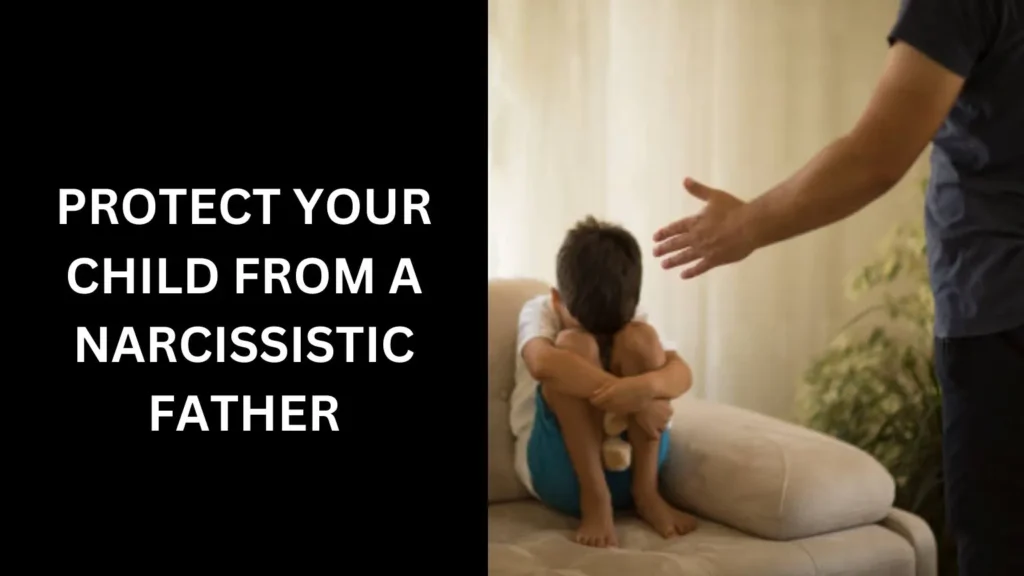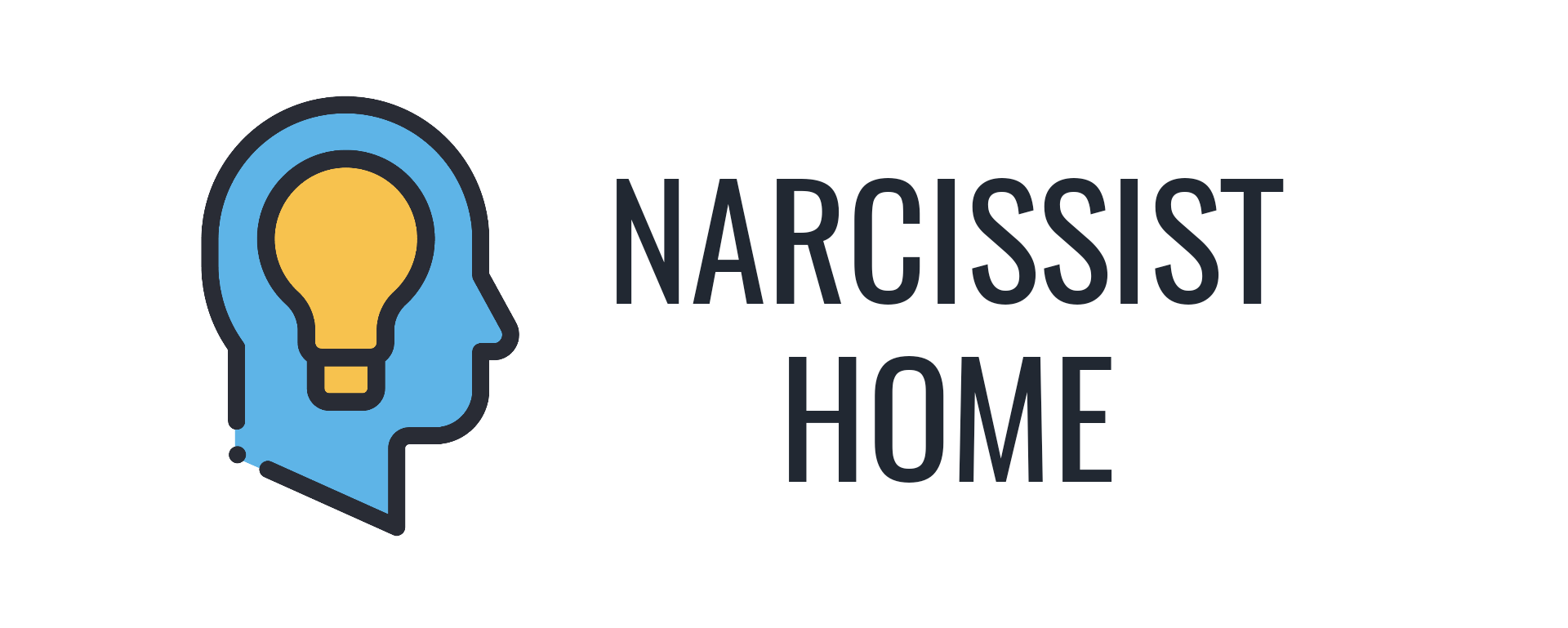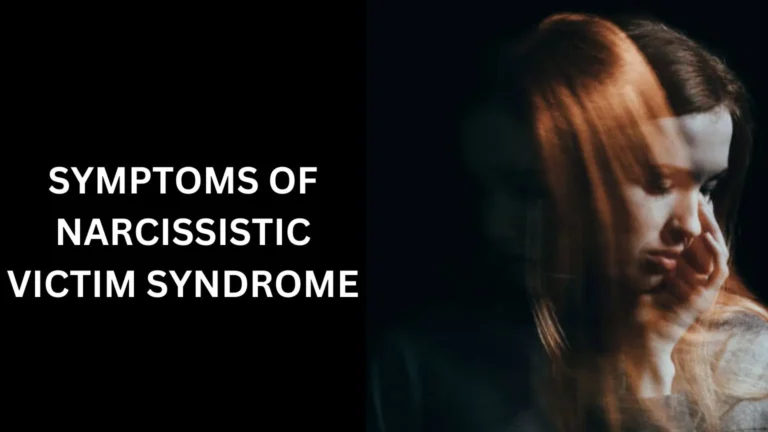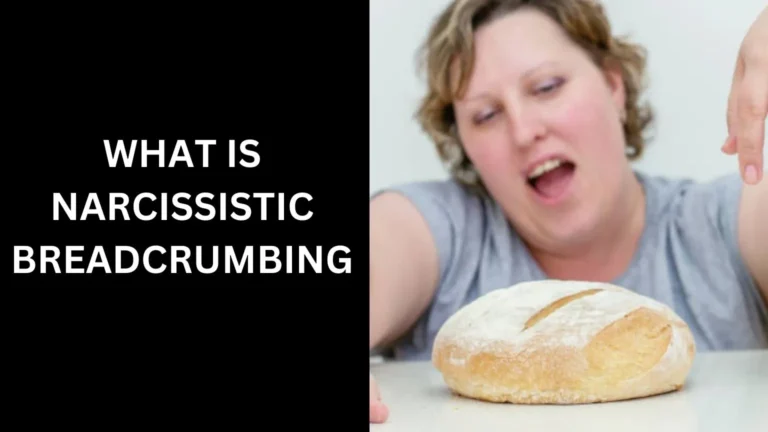How to Protect Your Child from a Narcissistic Father? 2024
Living with or being raised by a narcissistic father can be challenging and emotionally damaging for children.
Protect Your Child from a Narcissistic Father, Narcissistic Personality Disorder (NPD) is a mental health condition characterized by a distorted self-image, a need for admiration, and a lack of empathy for others.
In families, a narcissistic father can create a toxic environment that negatively impacts the well-being of the children involved.

Introduction to Narcissistic Personality Disorder (NPD)
Narcissistic Personality Disorder (NPD) is a personality disorder that affects a person’s thoughts, feelings, and behavior.
Individuals with NPD often have an exaggerated sense of self-importance, a constant need for admiration, and a lack of empathy for others.
These traits can manifest in various ways, including manipulative behavior, a sense of entitlement, and a disregard for others’ feelings.
Understanding the effects of a narcissistic father on a child
Having a narcissistic father can significantly impact a child’s emotional and psychological development.
Children of narcissistic fathers may experience emotional manipulation, gaslighting, and a lack of emotional support.
Additionally, they may struggle with forming healthy relationships and developing a strong sense of self-esteem.
Recognizing Narcissistic Traits in a Father

Identifying narcissistic traits in a father is the first step towards protecting your child. Some common signs and behaviors include:
Signs to Watch For
- Exaggerated Sense of Importance: The father may constantly seek attention, praise, and validation.
- Lack of Empathy: Difficulty understanding or caring about others’ feelings and needs.
- Manipulative Behaviors: Using guilt, gaslighting, or manipulation to control family members.
- Explosive Anger: Reacting intensely to perceived criticism or challenges to their authority.
- Shifting Blame: Refusing to take responsibility for mistakes or shortcomings.
Effects on Children
Growing up with a narcissistic father can have lasting effects on children, including:
- Low Self-Esteem: Constant criticism and invalidation can erode a child’s confidence.
- Difficulty with Boundaries: Children may struggle to assert themselves or develop healthy boundaries.
- Emotional Instability: Living in an unpredictable environment can lead to anxiety, depression, or emotional outbursts.
- Insecurity in Relationships: Children may struggle to form trusting, healthy relationships later in life.
Strategies for Protect Your Child from a Narcissistic Father

Protecting your child from the negative impact of a narcissistic father requires proactive measures:
Establishing Healthy Boundaries
- Consistent Rules: Set clear expectations and boundaries for behavior.
- Limit Exposure: Minimize contact with the father if interactions are harmful.
- Safety Planning: Have a plan in place for emergencies or escalations.
Encouraging Open Communication
- Validate Feelings: Let your child know their emotions are valid and important.
- Provide Support: Offer a safe space for expression and validation.
- Teach Coping Skills: Help your child develop healthy ways to manage stress and emotions.
Seeking Professional Support
- Therapy: Consider individual or family therapy to address emotional needs.
- Legal Guidance: Consult with a family law attorney for advice on custody and visitation rights.
- Support Groups: Connect with other families facing similar challenges for peer support.
Legal Options and Resources
Navigating legal options and accessing resources can provide additional support:
Custody Arrangements and Legal Considerations
- Legal Consultation: Seek legal advice to understand your rights and options.
- Document Behavior: Keep records of concerning behaviors or incidents.
- Mediation or Court: Explore mediation or legal action depending on the severity of the situation.
Support Groups and Therapy for Families
- Therapeutic Interventions: Participate in therapy to heal and rebuild family relationships.
- Community Resources: Access support groups or workshops focused on narcissistic abuse.
People also ask
Can I keep my child away from narcissistic father?
It’s crucial to prioritize your child’s safety and well-being. In cases involving a narcissistic father,
consulting legal professionals to understand your options for protecting your child, including possible restrictions or supervised visitation, is essential.
How do I protect my kids from their narcissistic dad?
Protecting your kids from a narcissistic dad involves setting clear boundaries, seeking legal advice if needed,
fostering open communication with your children, and prioritizing their emotional well-being. Professional support and a safe environment are key.
What do narcissistic fathers do to their daughters?
Narcissistic fathers can emotionally manipulate their daughters, causing self-esteem issues, insecurity, and difficulties in forming healthy relationships.
They may prioritize their own needs over their daughters’ well-being and use guilt or control tactics.
How do you survive a narcissistic father?
Surviving a narcissistic father involves setting boundaries, seeking support from trusted individuals or professionals,
focusing on self-care and self-esteem building, and maintaining perspective by understanding that his behavior is not a reflection of your worth.
Conclusion
In Conclusion, Protecting your child from a narcissistic father requires a combination of awareness, proactive steps, and access to support systems.
By recognizing narcissistic traits, establishing healthy boundaries, encouraging open communication, and seeking professional guidance, you can create a safer and more nurturing environment for your child to thrive.

Welcome to Narcissist Home! My name is Dr. Suzanne Holroyd, and I am thrilled to be your guide in navigating the complex world of narcissism. With over 50 years of experience in this field, I have dedicated my career to understanding and addressing the nuances of narcissistic personality traits and behaviors.






